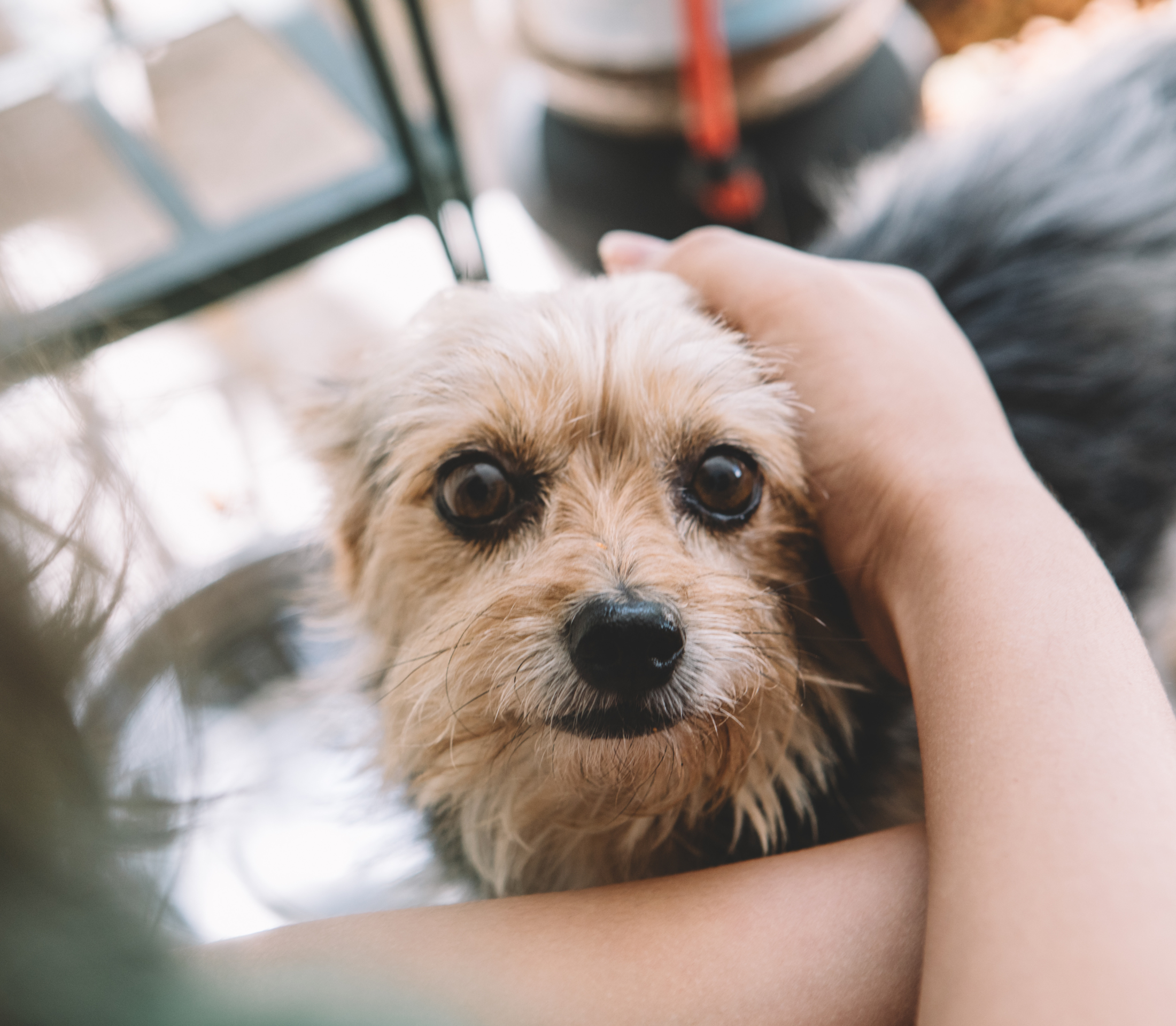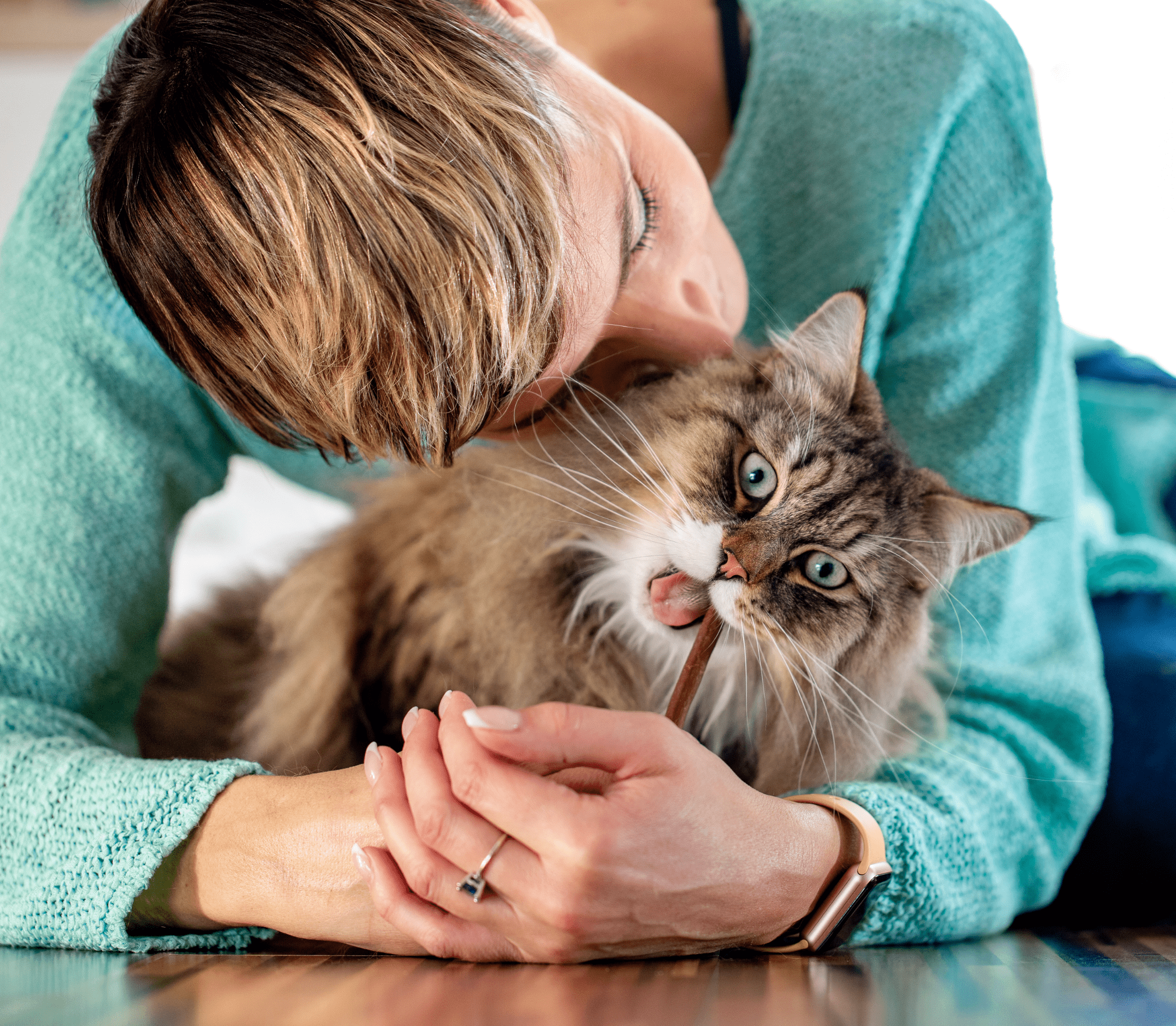Service Dogs
It’s Service Dog Month! While many of our canine companions are undoubtedly Very Good Boys, service dogs are truly the best of the best. These intelligent, dedicated pups are devoted to helping their humans live their best lives. Here, a Washington DC vet shines the spotlight on service dogs.
When Did Service Dogs Become A Thing?
Man’s Best Buddy has actually been helping us for thousands of years. Murals from ancient Rome show Fido helping guide blind men. The first formal training started in the 1700’s. By World War l, service dogs were helping many veterans who lost their vision in mustard gas attacks. For a long time, service dogs mainly helped the vision impaired. Today, they help people with a range of disabilities and medical issues, which may range from diabetes to autism to PTSD.
What Makes A Good Service Dog?
The two most important traits in a service dog are trainability and a calm demeanor. However, aside from that, the answer would really depend on what Fido’s job will be. A Yorkie probably isn’t going to make the best dog for someone who needs assistance with mobility: a Bernese Mountain Dog would be a great fit for that. Breed definitely plays a role here: Labradors, German Shepherds, and Golden Retrievers tend to be great fits for this type of work. However, the dog’s character is also important.
How Are Service Dogs Trained?
Before becoming certified, Fido will need to go through a fairly rigorous training regimen. This may take 18 months or even longer … if he makes it. There’s a pretty high fail rate for service dog training: about half the pups don’t make it through. These guys may make wonderful pets, but are just unsuitable for this kind of work.
Are Service Dogs Legally Protected?
The American Disabilities Act took huge steps forward in this area. Fido is legally allowed to go almost anywhere his humans need to access, with the only exceptions being areas like certain labs and hospital wards, where there is a risk of contamination. It’s illegal to refuse a person with a service dog entry or service, and a felony to harm a service dog. It’s worth noting that there is some confusion here between service dogs and emotional therapy dogs. Emotional therapy dogs do not have the levels of training or protection as service dogs.
Do you have questions about your dog’s health or care? Contact us, your local Washington DC animal clinic, today!



